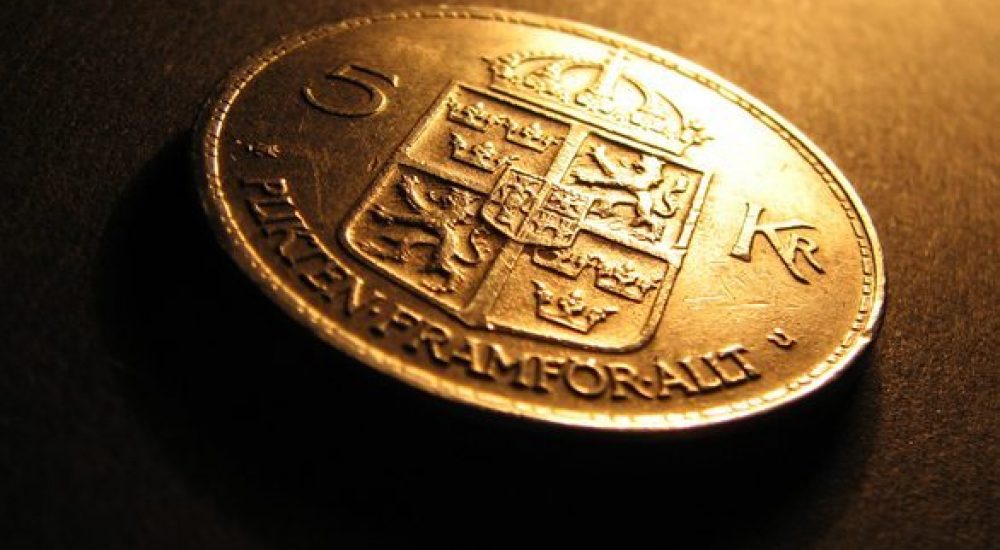My son Oliver celebrated his seventh birthday on Monday.
He has reached a stage in his development where he equates the value of his own opinions with those of his parents. Our word is no longer accepted as absolute truth. Every statement of fact is met with skepticism. Every directive requires supporting rationale. It’s pretty annoying. But something happened yesterday that made me wonder if he isn’t occasionally wise to question my authority.
One of the gifts he received was a Pokémon trading card set. He has become enamored with the cartoon series and recently began collecting cards. Oliver has been attending a summer day camp program over the past few weeks, and as we prepared to leave yesterday morning he asked me if he could take his Pokémon supplies with him. I denied the request. He countered by demanding I make my case. Thus began a protracted negotiation that ended with me permitting him to bring his Pokémon coin only (on the condition that it would remain in his pocket).
I expressed my concerns about his ability to keep it safe but he assured me, as a seven-year-old, he certainly deserved the benefit of the doubt.
I picked him up in the afternoon and as we were collecting his things he suddenly looked up at me with alarm. He rushed over to an activity table and began frantically searching around and underneath it. “Did you lose your coin,” I asked sternly. “No,” he insisted with an indignant edge he has recently cultivated. He continued in his own defense, “I lost it twice already today but I found it both times.” The look on his face indicated he had set the record straight on the matter, but it was not the strongest argument he could have chosen.
His expression began to change from defiance to desperation as it became apparent he might not be so lucky the third time.
My impulse was to say, “I told you so,” and though I resisted I felt little empathy as I watched the reality of his loss sink in. “Oliver,” I said, “it’s time for us to go. If you lost it, you lost it.” He considered my words and began to cry.
As I believe most fathers of young boys would admit, there is something particularly uncomfortable about public tears. Men, even the more sensitive ones, are hardwired to stifle such displays, or at least remove them to a private location. Every instinct compelled me to lead Oliver out of that classroom but he wasn’t budging. The harder I pushed him along, the louder he wailed. Every face in the room was now looking in our direction. “I don’t want to leave without my coin!” he sobbed.
Embarrassed, I tried to minimize the impact of the loss.
I whispered, “It’s just a coin, Ollie; it’s not a big deal.” My refusal to validate his feelings only increased the volume of his despair. Now the center director was walking toward us. I tried one more time to reason with my son, “Oliver, we’re disrupting the program, we need to go.” “NO!” he screamed.
The director, Ms. Tasha, got down on one knee and asked Oliver what was happening. Through tears, he explained that he had lost his Pokémon coin. She looked up at me and then asked him, sympathetically, “Was it a birthday present?” Oliver nodded sadly and his mood shifted. Here was a person who understood what he was going through. I suddenly realized he was less upset about the loss and more so by my unwillingness to acknowledge it. Ms. Tasha stood up and announced, “OK, everybody, listen up. We are looking for Oliver’s Pokémon coin. Please check your area.”
I stood back and watched as genuinely concerned classmates walked over to ask clarifying questions; “What does it look like?” “Where did you have it last?” “Did you take it outside?” My son was grateful for the compassion of his friends and after a few minutes of searching, Ms. Tasha came over and reassured Oliver that if the coin was found she would save it for him. She asked him if he was OK. He nodded and was finally willing to leave with me.
The experience was humbling.
Ms. Tasha succeeded where I had failed. She recognized what Oliver needed and advocated for him while my inclination was to lean into the teachable moment to ensure he learned his lesson. This exchange brought into sharp focus what I have always believed to be the primary benefit of expanded learning programs – the opportunity for children to build independent relationships with caring adults.
As we drove home Oliver said to me, unprompted, “Papa, I don’t want to bring my toys to summer camp anymore.” The lesson was not lost on him. The parent/child connection is of principal importance, but it comes with baggage, as does any intensely familiar relationship. It can be difficult to feel passionately and act judiciously at the same time. Sometimes a little distance puts things into clearer perspective. In the end, I was the one who learned the more valuable lesson.
For breakfast this morning, Oliver and I shared whole wheat toast and fresh fruit while we watched All-Star game highlights on my iPad.
Author Profile: @steveamick
